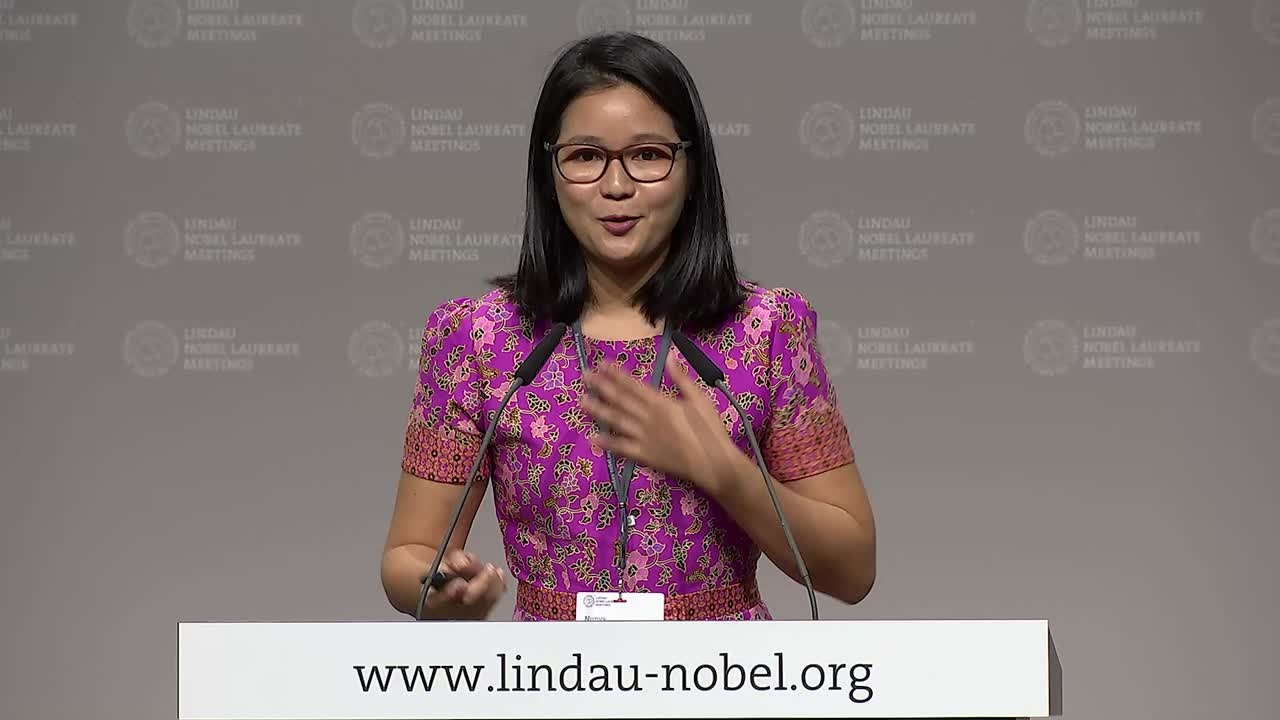Abstract
Microbiology in Health and Disease
Inselhalle; Moderator: Stefan H. E. Kaufmann
Following Young Scientists present their work during Next Gen Science:
Sputum Bacterial Load and Bacterial Composition Correlate With Lung Function and Are Altered by Long-Term Azithromycin Treatment in Children With HIV-Associated Chronic Lung Disease
Regina Esinam Abotsi, University of Cape Town, South Africa
Distribution and Tropism of Tick-Borne Flavivirus in the Brain Shaped by Interferon Response: Looking Through Different Lenses
Nunya Chotiwan, Umeå University, Sweden
Microbial Exposure Synchronises Cellular Circadian Rhythmicity
Priya Crosby, University of California, Santa Cruz, United States of America
Investigating the Overlap in Drug Target Pathways in Mycobacterium Tuberculosis for the Nitroimidazole Drug Class and the Repurposed Riminophenazine Drug; Clofazimine
Nabila Ismail, Stellenbosch University, South Africa
Lung Spatial Transcriptomic Analysis Reveals the Potential of a Novel SARS-CoV-2 Live Attenuated Vaccine in Inhibiting Virus Replication
Etori Aguiar Moreira, University of Bern, Switzerland
Use of Shigella-Septin Interactions to Explore Biophysical Determinants in Cell-Autonomous Immunity
Gizem Ozbaykal-Guler, London School of Hygiene and Tropical Medicine, United Kingdom
Asymptomatic Sexually Transmitted Infections Are Associated With the Presence of Inflammatory Cells, Dermatopathology and Changes in Tight Junction Gene Expression in the Human Foreskin From South African Males
Cosnet Lerato Rametse, University Of Cape Town, South Africa
Microbial Co-Cultures for the Discovery of Novel Antibiotics
Maria Stroe, Karlsruhe Institute of Technology (KIT), Germany
Intestinal Toll-Like Receptor 5 Contributes to Gut Permeability After Stroke via Microbiota Modulation
Huidi Wang, Southern Medical University, China

